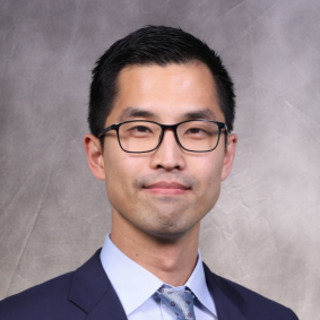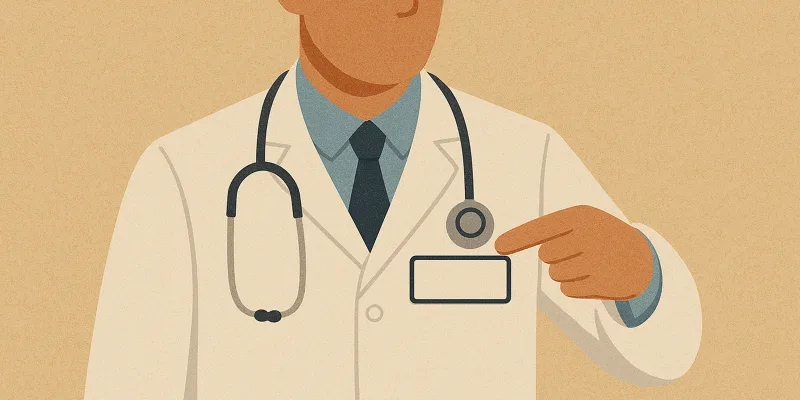
It is a commonly accepted truth that residency is a challenging journey for all. Taking care of patients as a relatively inexperienced provider is emotionally strenuous. Every day on the job promises unpredictable scenarios, some of which lead you to doubt your own preparedness or competency.
Work hours are also demanding, which leaves you little time to rest, exercise or tend to meaningful commitments such as relationships or activities we enjoy outside of work. For these reasons, the prevalence of burnout among trainees, not to mention among healthcare professionals in general, continues to remain higher than in the general public.
Efforts to improve well-being for trainees have been appropriately swift and thorough as we have begun to realize the seriousness of this issue. These include logistical efforts such as limiting duty hours as well as initiatives focused on well-being such as improving mindfulness, teamwork and mentorship.
However, while these are well-intentioned, if I looked back on the last two years of residency and had to ask for one thing that would dramatically improve my well-being, it would not be any of the options above.
What would I rather have? One protected weekday morning or afternoon each month during which I can reliably schedule and tend to all of my errands or appointments without feeling guilty.
After all, some of the most challenging or frustrating experiences for me have had little or nothing to do with the job; rather, they have been related to personal matters outside of the hospital that require coordinating my schedule with the rest of society.
For instance, the HVAC system in my unit broke down during one of the hottest weeks of the summer last year in Philadelphia, the temperature averaging above 90 degrees each day. I recall making phone calls to different companies in between operations, trying to find someone who would be willing to come by the house outside of regular working hours without charging a significantly higher fee. Ultimately, it took more than 20 phone calls and an entire week passing before I could repair the unit.
Even tasks that seem as simple and straightforward as making a dental appointment is quite difficult in reality for trainees. This past winter, I had planned to attend a late-afternoon appointment which I had made several months in advance. However, as the day went on, one emergency after another began to pile on until it became evident that I would no longer be able to attend. When I called the office to reschedule, their response? No open slots until three months from now. Furthermore, if I failed to cancel or postpone my next appointment at least 24 hours in advance, there would be a financial penalty. I promised that I would be there for the next appointment, but of course, this was a false guarantee.
These are common experiences among trainees at all levels. Of course, none of these examples are neither insurmountable nor even that time-consuming in it of themselves. They are things that people in all walks of life deal with and overcome on a regular basis.
But nonetheless, these issues need to be dealt with. With so little control over our own schedules, we tend to put these issues off indefinitely, which ultimately pose significant decrements in well-being in the long term.
Furthermore, it is also probable that we will also encounter more serious problems that need to be addressed immediately, such as being diagnosed with a chronic disease. What would we do then? Do we have enough reserve or flexibility in our schedule to effectively address these challenges?
Resident well-being translates to patient well-being. Recent efforts have already led to substantial headway towards this goal. However, some of the solutions need not be sophisticated.
I genuinely believe one protected morning a month would go a long way in ensuring that we take care of ourselves.
Jason Han, MD is a thoracic surgeon and a 2018–2019 Doximity Author. He tweets at @JasonHanMD.







